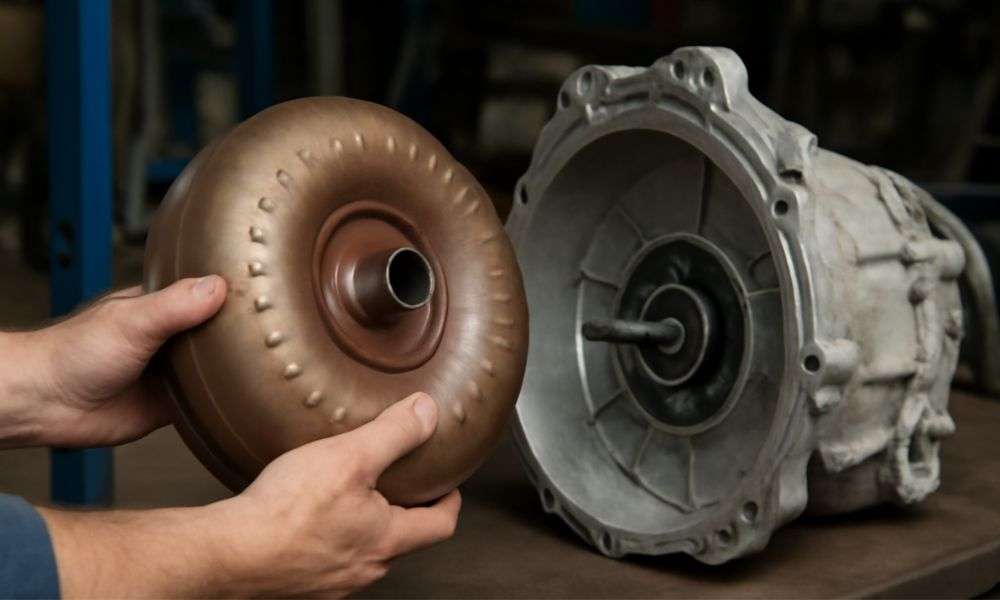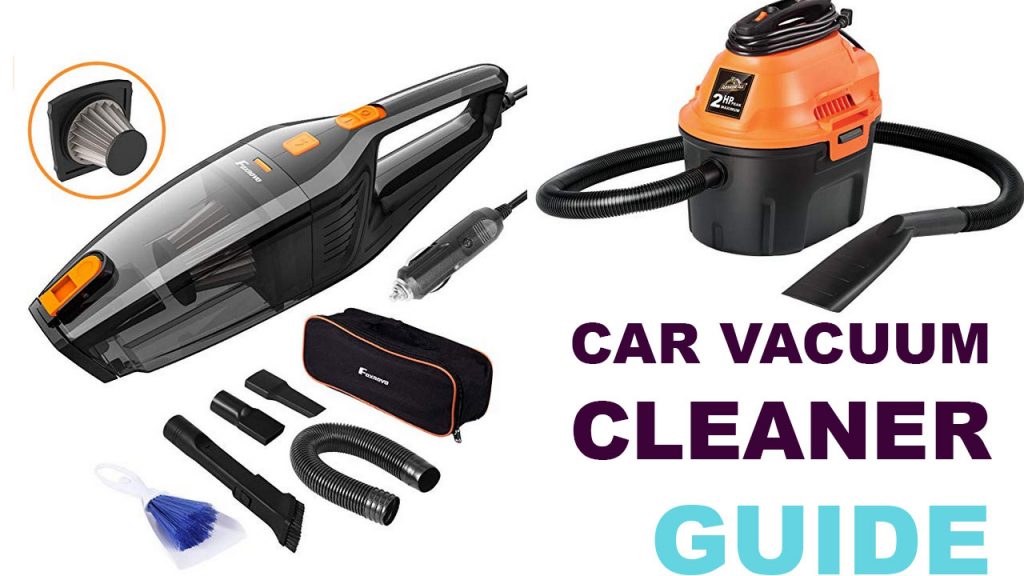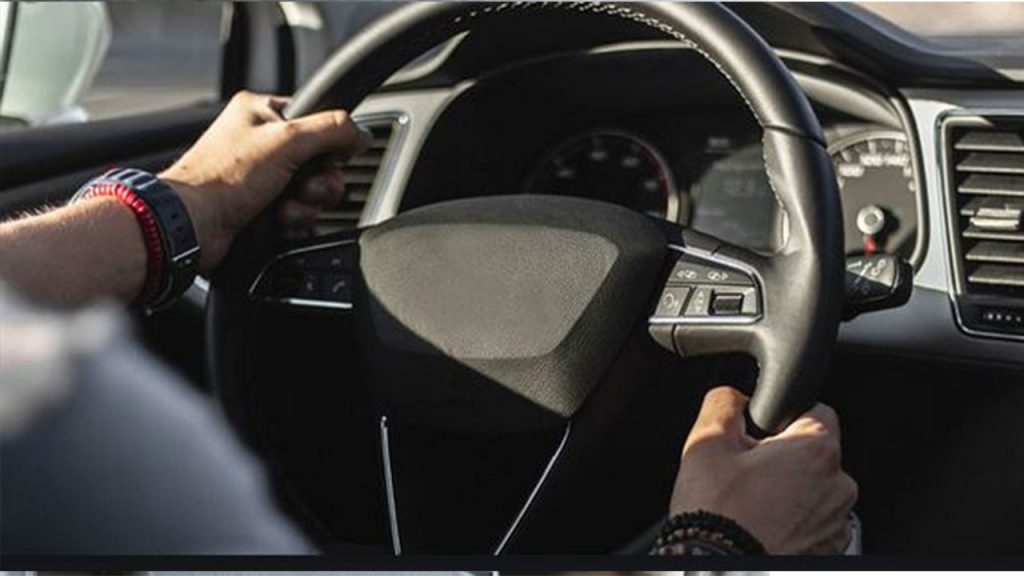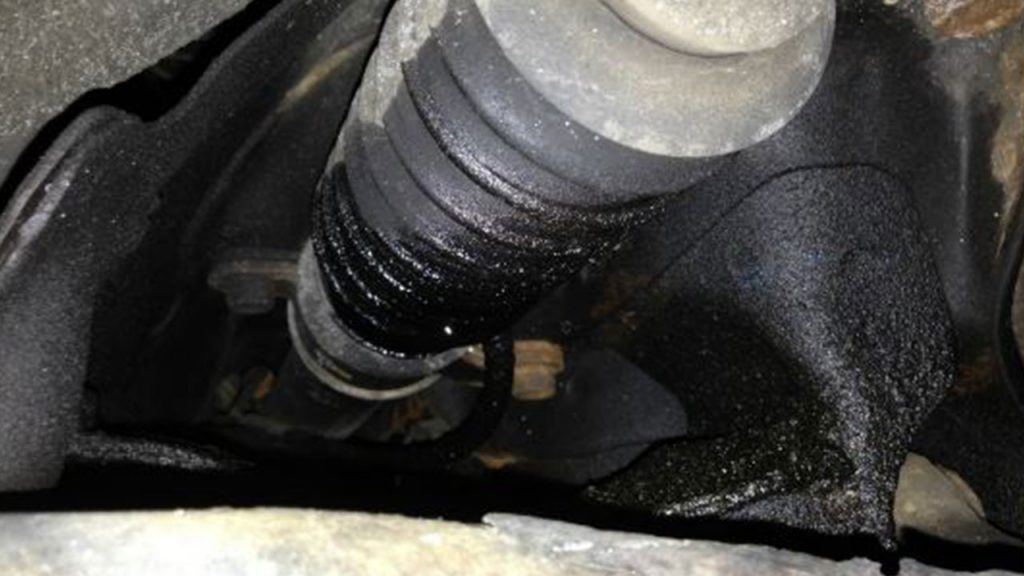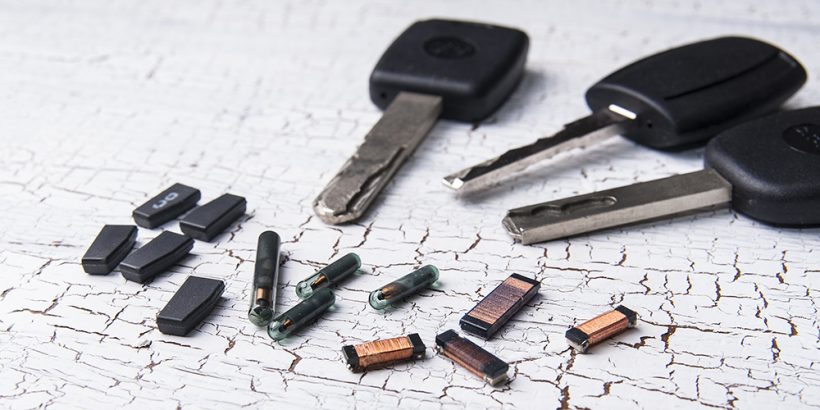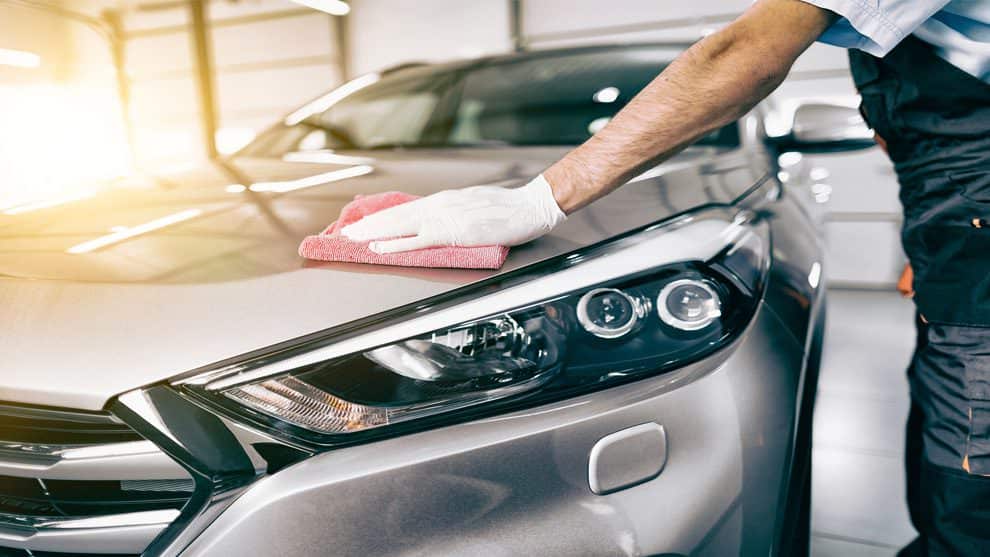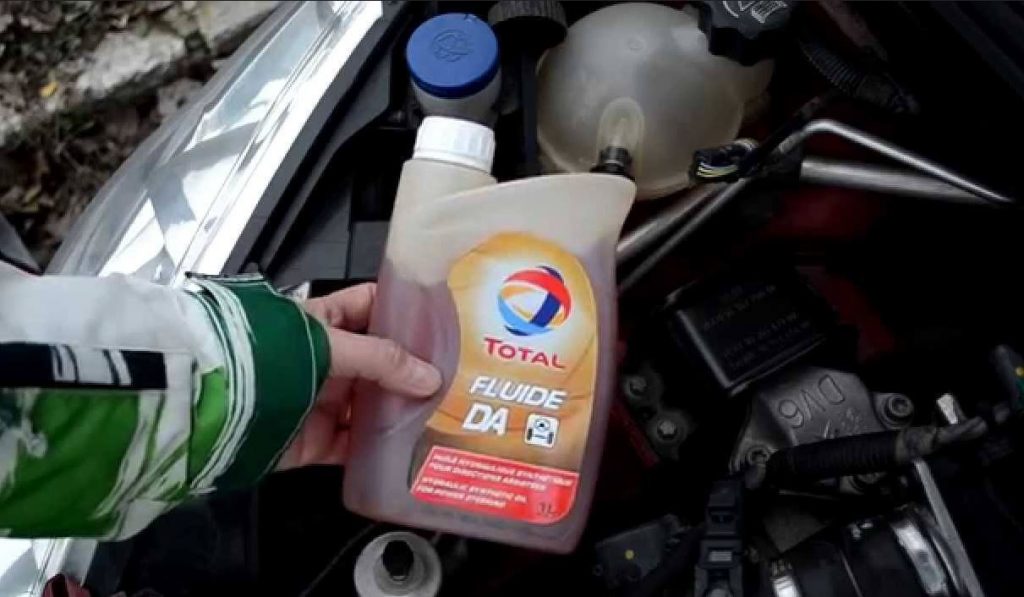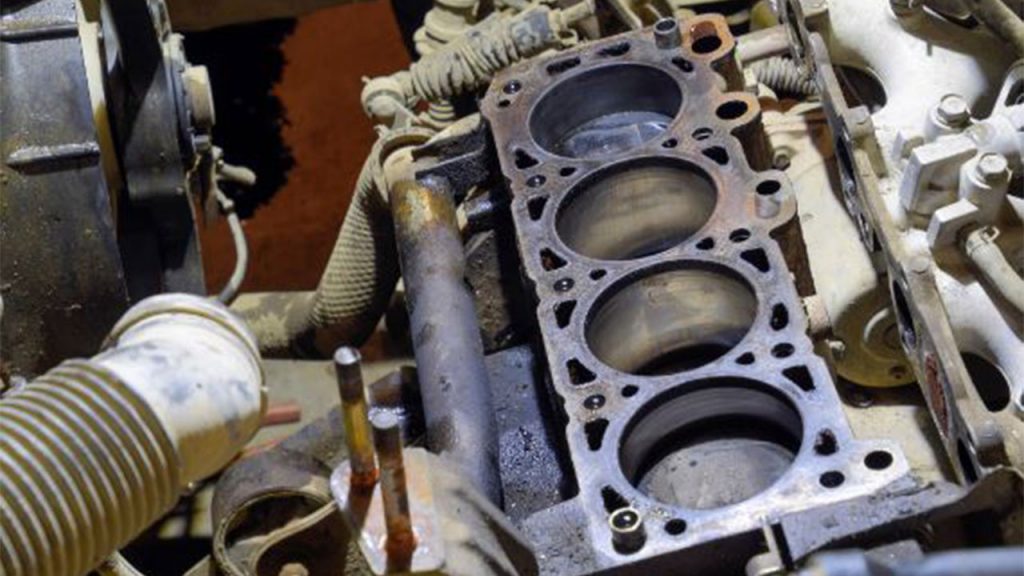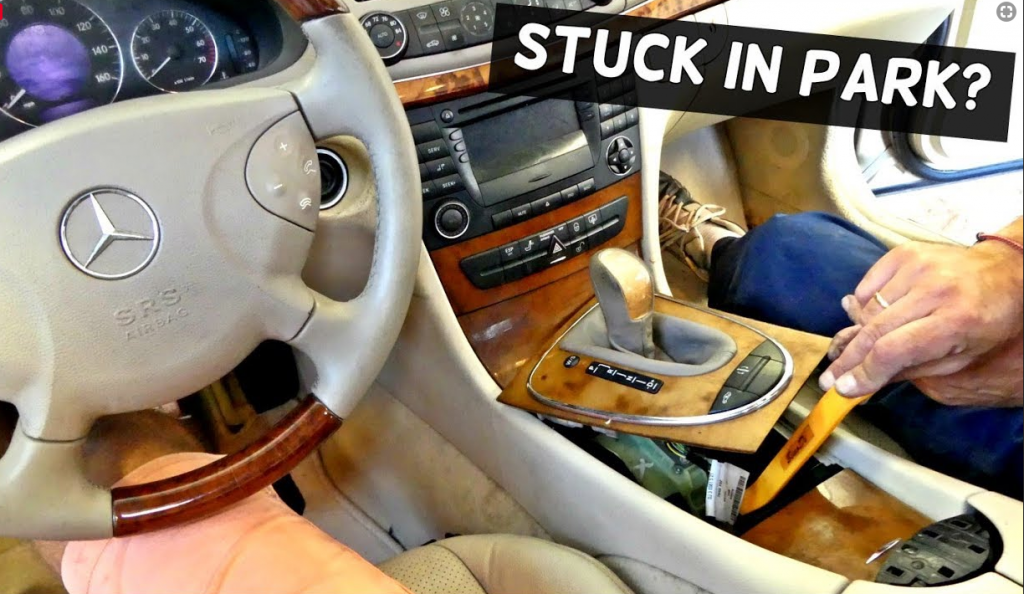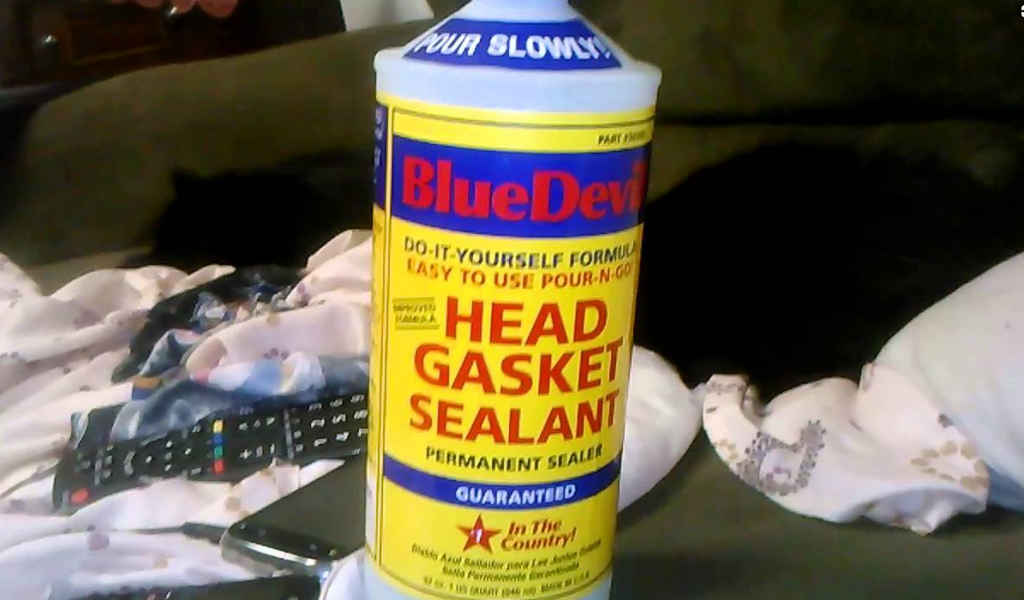The torque converter, a small yet indispensable cog in the machine of automatic transmissions, often operates in the shadows. Unseen, it does its job, quietly funneling power from the engine to the transmission, ensuring that gear shifts happen without a hitch. But when it starts to falter, the consequences are far from subtle. Gear slippage, overheating, and strange noises can quickly escalate into a full-blown headache. So, here’s the million-dollar question: Is replacing a torque converter really worth it? Let’s dig deeper into this and explore the pros and cons, the costs, and what you need to know to make a decision that could save your ride and your wallet.
Is Replacing a Torque Converter Worth It?
To answer the pressing question of whether it’s worth replacing a torque converter, we must first grapple with the complexity of the issue. It’s not as simple as a yes or no. The torque converter is a high-ticket item, and replacing it is no small feat, but when your vehicle starts acting up, whether it’s slipping gears, overheating, or emitting strange sounds, the torque converter could be the culprit. So, is replacing it the best solution? The answer depends on the specific circumstances.
If the torque converter is the sole issue, and the rest of your transmission is still in decent shape, replacing it can be a more economical option than tossing the whole transmission. But if your transmission is on its last legs, perhaps it’s time for a full replacement.
Should I Replace My Torque Converter?
Wondering if you should bite the bullet and replace that torque converter? Start by listening to what your car is telling you. Is it having trouble shifting gears? Are you feeling that unsettling jerk when you try to accelerate? If these signs are showing up, it’s worth considering a replacement. However, before jumping to conclusions, consult with a mechanic. Why? Because sometimes what seems like a torque converter issue is actually something more sinister in the transmission. Only a thorough diagnostic will give you the full picture.
Signs You May Need to Replace Your Torque Converter
The symptoms of a failing torque converter vary in intensity, from annoying to catastrophic. Here are a few things to watch out for:
- Slipping or jerking gears: If you find your gears slipping or feeling jerky during shifts, it could be the torque converter struggling to transfer power properly.
- Overheating: A malfunctioning torque converter can cause your transmission fluid to overheat, making your transmission run hot and sluggish.
- Unusual noises: Whining, grinding, or rattling sounds from the transmission? These could be the tell-tale signs of a broken torque converter.
- Reduced acceleration: A worn-out converter might leave your vehicle feeling like it’s trudging through molasses, with poor acceleration and sluggish response.
If any of these signs are ringing a bell, it’s time to have a professional mechanic take a look.
The Cost of Replacing a Torque Converter
Here’s the kicker: replacing a torque converter isn’t cheap. You could be looking at a bill anywhere from $600 to $2,500 or more. The price tag depends on your vehicle’s make and model, as well as the labor rates in your area. Why the wide range? The process often involves disassembling large portions of the transmission, which can take hours. And don’t forget labor costs, which can tack on an additional $500 or more. The cost of the part itself can also vary. Higher-end converters will naturally set you back more, but in the long run, investing in a quality part might save you from more repairs down the road.
Benefits of Replacing a Torque Converter
Replacing a faulty torque converter isn’t just about fixing an issue; it’s about restoring your vehicle’s health. Here’s what you get from a fresh torque converter:
- Restored performance: You’ll see an immediate improvement in acceleration, shifting smoothness, and the responsiveness of your transmission. That’s a significant win for both driving comfort and vehicle longevity.
- Preventing further damage: Failing to replace a damaged torque converter can lead to further transmission woes. Over time, the issue can cause damage to other parts of the transmission, leading to even steeper repair bills.
- Cost-effectiveness: When compared to replacing an entire transmission, swapping out the torque converter is often the more budget-friendly option—assuming your transmission is otherwise healthy.
In many cases, replacing the torque converter will pay dividends in terms of restored performance and prevention of further damage.
Alternatives to Replacing a Torque Converter
If replacing the torque converter seems steep, there are alternatives you might consider:
- Transmission flush: A fluid flush can sometimes solve minor torque converter issues, especially if the problem is due to dirty or low fluid levels.
- Transmission repair: In some cases, repairing the torque converter could work, but it’s a gamble. Repairs often don’t hold up long-term.
- Used or rebuilt torque converters: While a used or rebuilt torque converter can save you some cash, it’s a risky choice. The quality and lifespan of used parts can vary, leaving you with more problems down the road.
Each of these options comes with its own pros and cons, so weigh them carefully before making a final call.
Cost to Fix the Torque Converter vs. a New Transmission
At some point, you’ll have to ask yourself whether fixing the torque converter is really worth it, or if it’s time to bite the bullet and replace the entire transmission. Repairing a torque converter is often cheaper, but not always. If the rest of your transmission is in bad shape, it might be a waste of money to replace just the torque converter. On the other hand, if the transmission itself is fine, replacing the converter can extend the life of the entire system. Remember, transmission replacement typically runs between $2,000 and $4,000, so if you’re leaning toward replacing the whole system, you’re looking at a major expense.
Repair or Replace the Torque Converter?
When it comes down to it, do you repair or replace? If the torque converter is only slightly worn, you might get away with a repair. But repairs tend to be temporary. A replacement, on the other hand, provides a long-term fix, ensuring your car continues to perform like new. For newer cars or those in decent shape overall, a replacement is often the smartest choice.
The Process of Replacing a Torque Converter
The replacement process isn’t quick. Here’s a rough breakdown:
- Remove the transmission: The torque converter resides deep within the transmission, so the first step is to remove the entire transmission from the vehicle.
- Disassemble the transmission: Once it’s out, the mechanic disassembles it to get to the faulty converter.
- Replace the converter: The old converter is swapped out for a new or rebuilt one, and other transmission components are checked to ensure they’re in good shape.
- Reassemble and reinstall: After the new converter is installed, the transmission is put back together and reinstalled in the car.
- Testing: A series of tests is conducted to ensure the new torque converter is functioning properly.
The process takes several hours and requires a skilled mechanic; it is not a DIY job.
Common Misconceptions About Torque Converter Replacement
There are plenty of myths around torque converter replacement, so let’s debunk a few:
- It’s always the torque converter: While the converter is often the issue, it’s not always the culprit. A diagnostic test is essential to identify the exact problem.
- Replacing the torque converter is a quick fix: In reality, it’s a time-consuming process that involves a lot of disassembly and labor.
- Used or rebuilt torque converters are always a good deal: While they’re cheaper, used parts can fail prematurely, making them a risky investment.
Conclusion
Replacing a torque converter is a major decision, one that could bring your car back to life or cost you more in the long run if the rest of your transmission is in poor shape. It’s not a cheap fix, but it’s often a worthwhile investment, particularly if it restores your vehicle’s performance and prevents further damage. Always consult with a trusted mechanic to get a full picture of your vehicle’s health before making a final decision. Your car’s longevity and your wallet will thank you.

